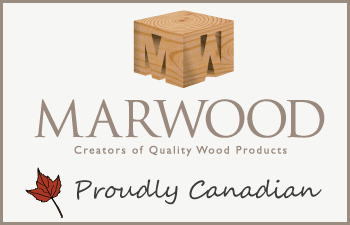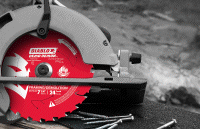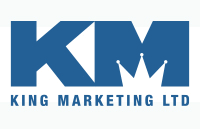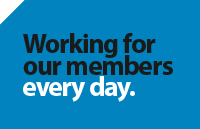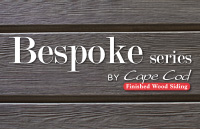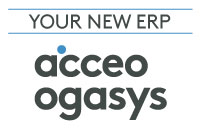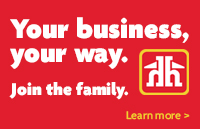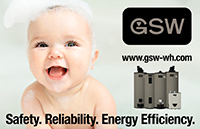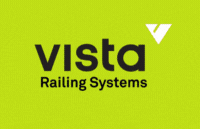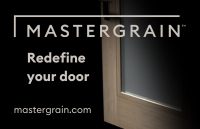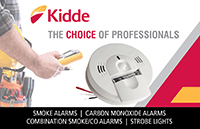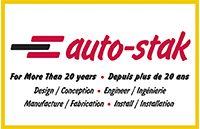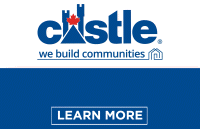TIM-BR MART’s $50 million bid to purchase CanWel Hardware, which is being financed through HSBC.
Insiders suggest that the cost of inventory from both the London, Ont., and Victoriaville, Que., distribution centres would be around $25 million. That’s down from a high of a decade ago of $20-$25 million in each DC. If payables are to come out of the cost of the inventory, that would driving the cost of inventory down under $20 million. Based on that, the total cost to buy CanWel would be closer to $70 million.
Although TIM-BR MART has no history of running distribution businesses, both Rob Downs, promoted to president of CanWel Hardware just prior to the takeover announcement, and Andrew Allen, general manager of CanWel Hardware, are with the company and are expected to add valuable expertise.
Futura Holdings, through its CanWel Building Materials business, closed the purchase of 90% of Sodisco-Howden Group at the end of 2004 in a deal worth $64.3 million.
The two key real estate assets of the deal are the 350,000-sq.ft. London distribution centre and Victoriaville, which has more than 300,000 sq.ft. In its heyday, London generated about $150 million and Victoriaville used to generate another $200 million in sales and direct shipments. Add in LBM sales through Chalifour in Quebec.
Sales by Sodisco-Howden 2004 were $485.4 million. If total sales by CanWel — Hardware and Building Materials — were worth only $650 million at the time of the CanWel-Broadleaf merger earlier this year (down from $1.083 billion at the end of 2004), then the Hardware Division’s sales are estimated to be at least one-half of what they were in 2004 – or about $240 million.
Can TIM-BR MART generate sales from its own dealers to grow CanWel Hardware? Total retail sales by TIM-BR MART dealers are nearly $4 billion; subtract $1 billion for the strictly commercial and GSD operations that have virtually no hardware sales, then the remaining dealers would have at least 10-15% of their sales from hardware, or at least $300 million. In wholesale terms, that would amount to about $195 million.
If all those hardware sales were ordered through the CanWel warehouse, TIM-BR MART would be well on its way to getting its hardware wholesale business to critical mass, especially considering that it does not have to generate a profit for shareholders (as CanWel Hardware did), because it is dealer-owned.
Add in the fact that the purchase of CanWel Hardware is part of a strategy to help TIM-BR MART increase sales through the front end of their operations. Tim Urquhart, president and CEO of TIM-BR MARTS Ltd., said last month that the deal will increase the ability of his dealer members to strengthen their hardlines assortments.
There is still, however, a great deal of uncertainty around how independents will align themselves, especially in light of RONA’s acquisition of TruServ Canada. One major CanWel customer, Castle Building Centres, has already said it will look elsewhere for options, and new competitors like U.S.-based Orgill are making overtures in this market.
Where will the rest of CanWel’s business come from? TIM-BR MART already sits at the negotiating table with retail competitors within the Spancan buying group. ILDC is the main member, which includes Sexton Group, La Coop fédérée and Federated Cooperatives (the latter two are also direct members of Spancan). Whether they will see a future being supplied by CanWel Hardware has yet to be determined. With the support of Spancan members and loyalty of its own members, TIM-BR MART could potentially make CanWel Hardware work.












